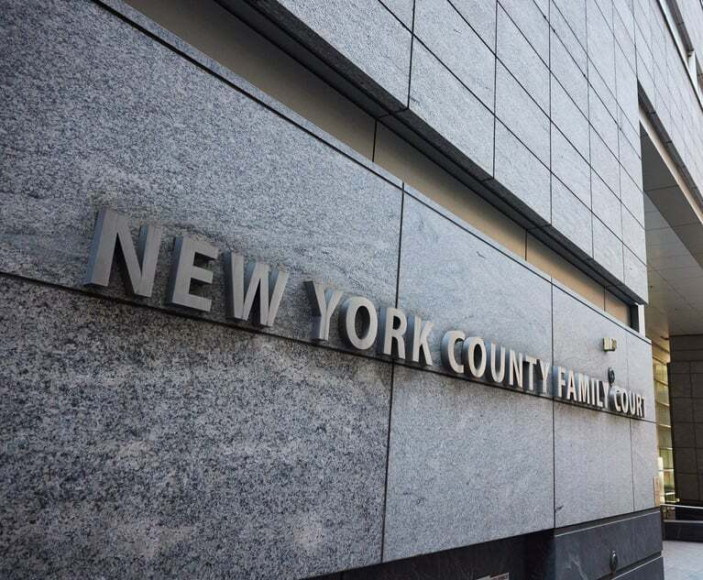Simply Adding Family Court Judges Will Not Increase Access to Justice

By Liberty Aldrich, Karen Freedman and Dawne Mitchell
Editor’s note: This letter was submitted in response to Brian Lee’s article “NY Family and Civil Courts to Add 28 Judges Under Bill Signed Into Law,” which the New York Law Journal published July 18.
The addition of 28 Family and Civil Court judgeships across New York state demonstrates the commitment of the governor, the judiciary, and the legislature to improving access to justice for all New Yorkers. We understand that some of the new Civil Court judges will be assigned, temporarily, to New York City Family Court, to help alleviate the well-documented backlog of cases there. The addition of dedicated Family Court judges would have been preferred, but we welcome any Civil Court judge who presides in Family Court, where the attorneys for children (AFCs) from our offices zealously advocate each day on behalf of thousands of at-risk children and young people who are the subjects of a range of challenging cases.
Increasing the number of judges who sit in Family Court represents a critical step towards ensuring that the families we serve receive timely access to justice. However, it is only one of the many steps required to reach this goal and it cannot succeed in a vacuum. As Chief Judge Rowan Wilson has noted, additional resources are necessary to serve New York’s families. AFC offices are among those in dire need.
In a white paper released earlier this year, we, along with our colleagues from across the state, sounded an alarm about the crisis created by the chronic underfunding of AFC offices. The modest budget increases that we have received for approximately two decades have resulted in large-scale attrition and crushing caseloads for the staff members who remain. If equitable resources are not provided to AFC offices to reduce the client caseload cap below the 150 clients per attorney currently sanctioned by the rules of the chief administrative judge, the positive impact of increasing the number of judges who sit in the Family Court will be significantly minimized, and the immense backlog in the Family Court will persist. Moreover, without sufficient funding to increase the number of AFCs and reduce the case cap to well below 150 clients per attorney, there will not be an adequate number of AFCs to appear before the additional judges, or for the remaining AFCs to accomplish the many different tasks that comprise our crucial work on behalf of New York’s most vulnerable children.
To truly ensure equitable access to justice, children in New York State’s Family Courts must have unfettered access to the dedicated and holistic advocacy that AFC offices provide. Adding more Family Court judges is essential, as are appropriate resources for 18-b and parent attorneys. Equally important, New York must end decades of overlooking the attorneys, social workers, paralegals, and youth advocates who staff AFC offices.
Hon. Liberty Aldrich (ret.) is the executive director of The Children’s Law Center.
Karen Freedman is founder and president of Lawyers for Children.
Dawne Mitchell is chief attorney of the The Legal Aid Society’s Juvenile Rights Practice.

